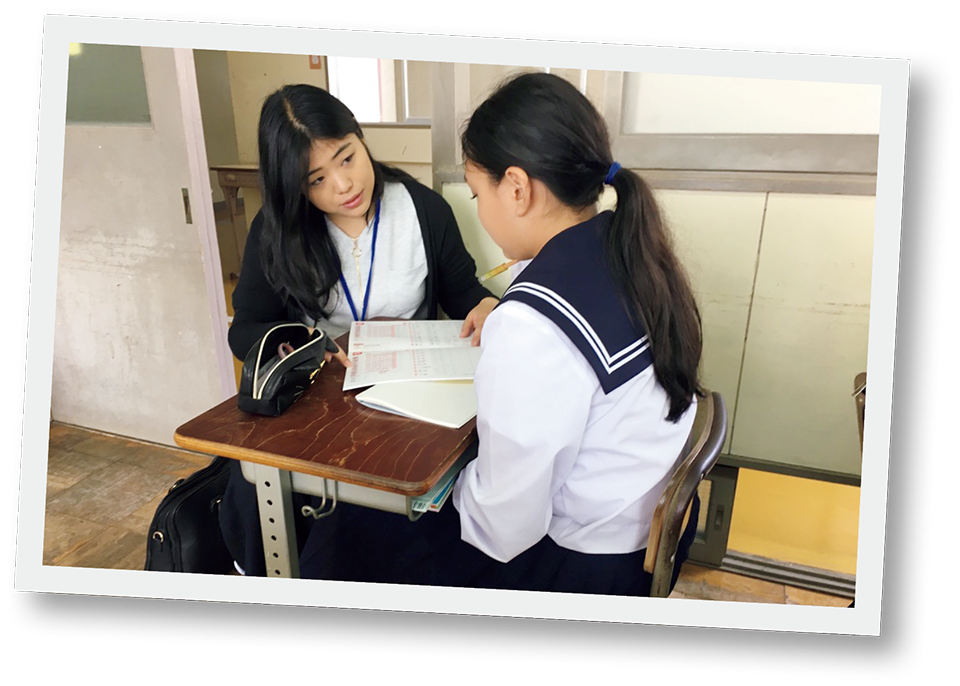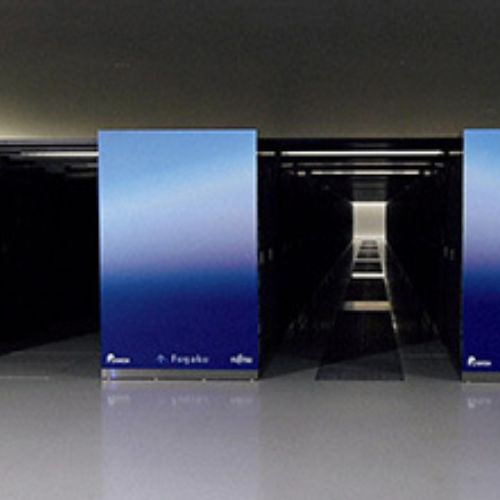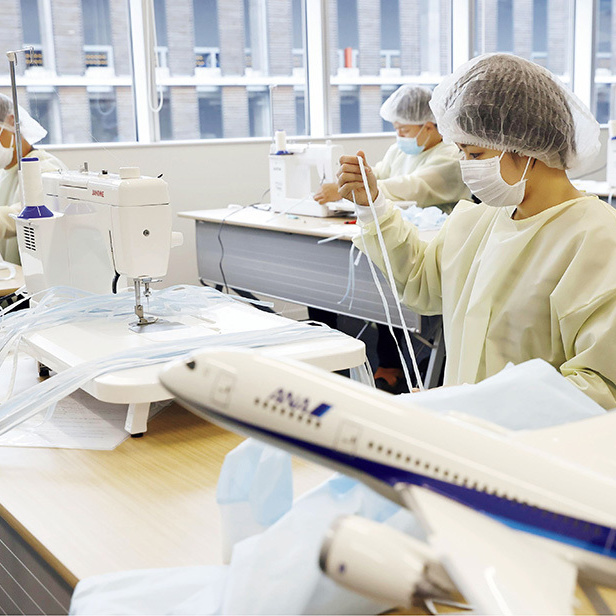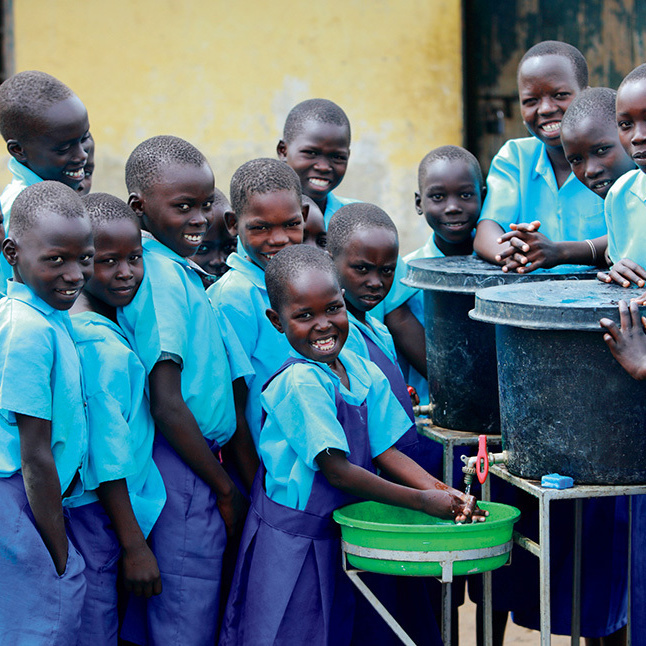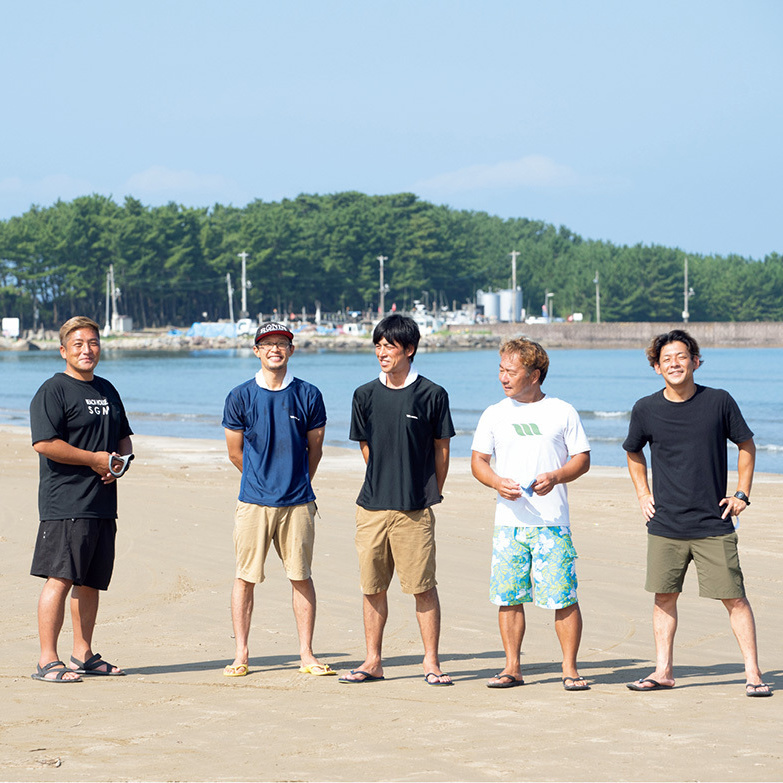“By using my Japanese, I want to help Brazilians in Japan get by.” With that simple idea, a Japanese-Brazilian woman is forging close connections with local people, making every effort to help her compatriots living in Japan.
Marianne Haruko Shimada Fernandes works as a Coordinator for International Relations (CIR) for the JET Programme in Tokoname City, Aichi Prefecture. A third-generation Brazilian of Japanese descent, Shimada had lived her life in both Brazil and Japan since her early childhood. As she got older, Shimada became an elementary school teacher in São Paulo. However, she was struck with the thought that “I can speak Japanese, so I shouldn’t waste it.” Since then, while looking for a job where she could use her Japanese to benefit others, she stumbled upon the JET Programme. Located in the center of Japan, Aichi Prefecture is one of the country’s major economic areas. In its western part lies Tokoname City, home to the airline hub of Chubu Centrair International Airport. The city has also long been associated with the production of ceramics, and even today retains its historical landscape. Partly for that reason as well, Shimada became fascinated with the city.
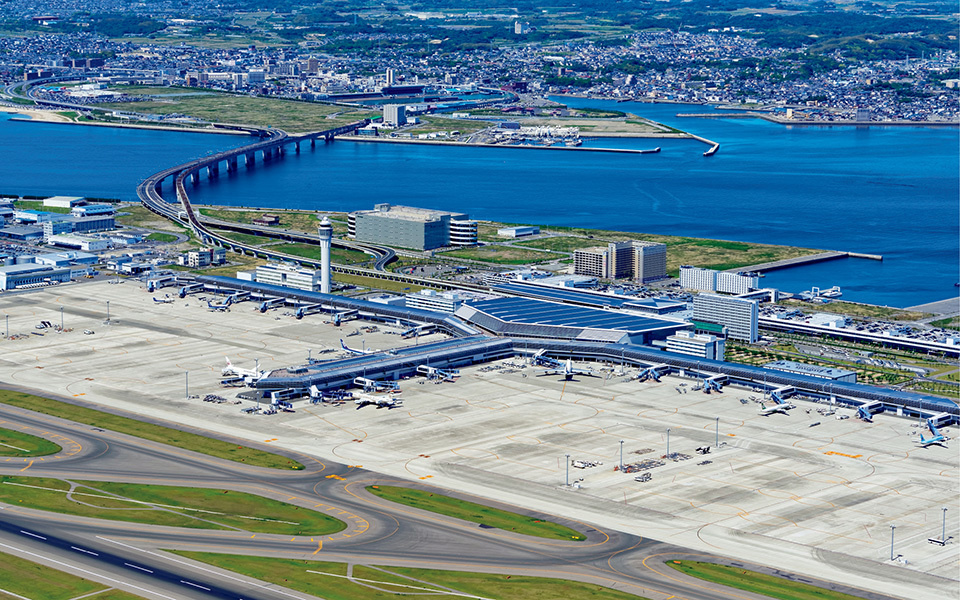
Chubu Centrair International Airport opened in 2005. Because of its airplane theme park and works of art on display, it draws many tourists.
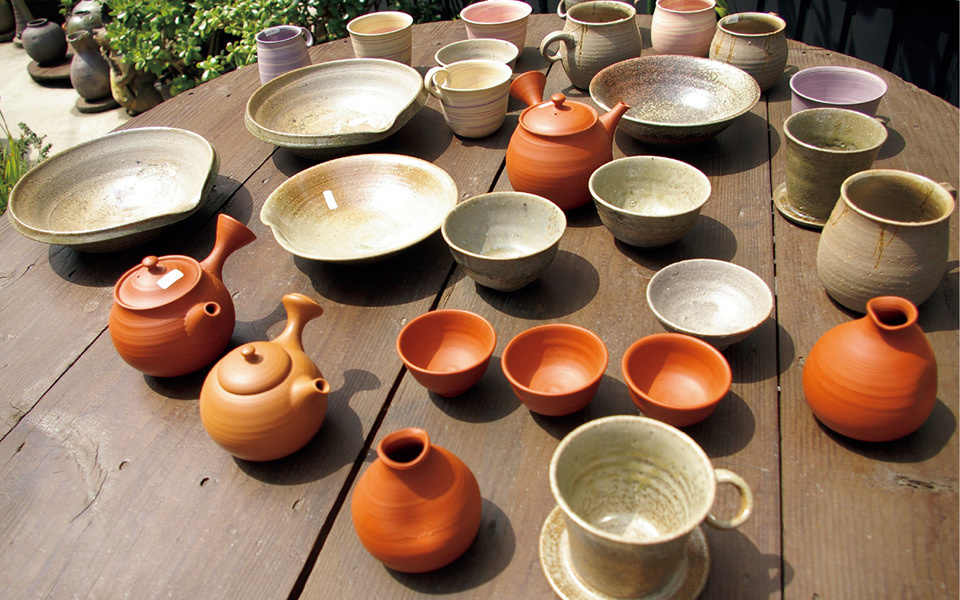
Tokoname City is famous for its traditional pottery known as Tokoname-ware. Since modern times, it has become one of the nation’s leading producers of ceramic pipes and tiles.
Her main role in Tokoname is to support children from Brazil who attend elementary and junior high schools in the city. She spends most of her work hours at school, keeping up to date on school matters, teaching the students Japanese, or counseling them about their school life. The children, many of whom are first-time residents in Japan, have set foot in an unfamiliar place and are faced with many language barriers, but Shimada aims to reassure them with her kind attitude. “I think it is important to give them a place to belong to. Some junior high school girls who were worried about truancy started coming back to school after I suggested that they study together.”
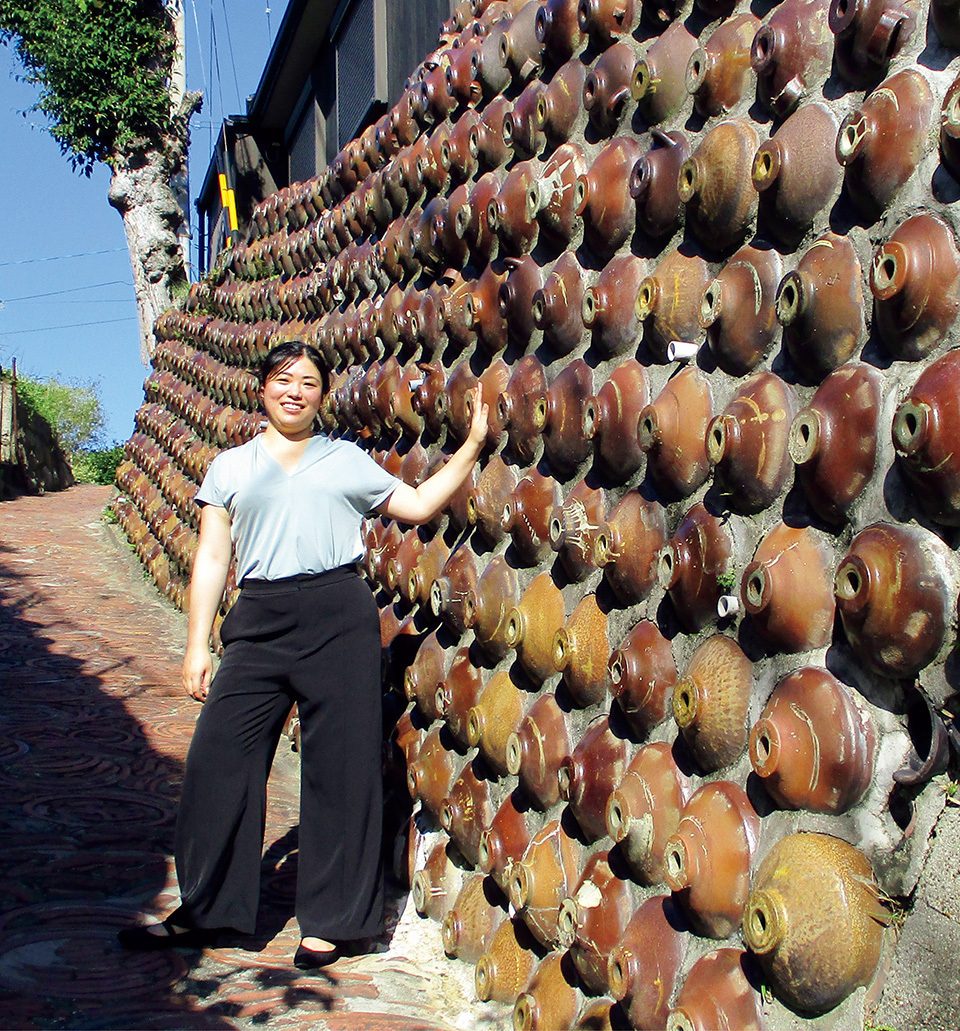
“I love Tokoname because it’s such an easygoing place,” says Shimada. A lover of history, she was happy to be sent to Aichi Prefecture because of its rich history and many castles.
As well as teaching and counseling, Shimada keeps busy as an interpreter between the students’ parents and school when needed, and gives lectures about international understanding at junior high schools. As an employee of the city, she also uses social media, sending out information in Portuguese and answering questions directly from the Brazilians living in the area. For those who cannot understand Japanese well, she is often their only hope.
Something that Shimada wants to focus more attention on is disaster prevention. The Japanese-Brazilian says that she would like to help both the local government and foreigners living in the area by giving assistance in times of disaster. Shimada also hopes to stay in Japan even after her job as a CIR comes to an end. “I really love children, so I would like to do some kind of work connected with them. While there are many Brazilians living in Japan, I think that I can do much more to deepen our mutual understanding,” she comments. Behind her bright, cheery smile is someone who maintains a strong desire to help people. In that way, she has forged close connections with the people of Tokoname City. We can expect her to expand her role in the future as a bridge between Japan and Brazil.
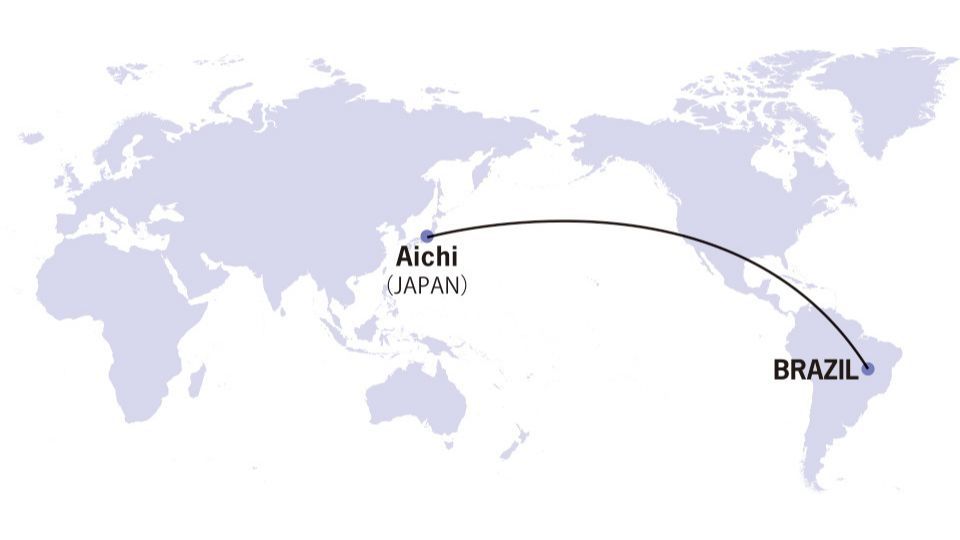
Marianne Haruko Shimada Fernandes
Born in São Paulo, Brazil. Third-generation Brazilian of Japanese descent. Also lived in Gunma and Shimane prefectures at a young age due to her father’s work. Spent time in Brazil from the age of 14, and after graduating from university, became an elementary school teacher in São Paulo. Assigned to Tokoname City, Aichi Prefecture, in 2018 as a CIR on the JET Programme.

























